|
Photo and article by Donna Iverson Every spring, a friend and I begin scouring the woods. He’s on the lookout for morels and I’m scanning the ground for ramps. This year, neither of us was successful. Well, not entirely unsuccessful. Much to my delight, I recently found a vendor at the farmers market selling ramps. Hannah Bonthuts from Ravenna was selling freshly picked ramps and homemade ramp butter. She said she finds wild ramps in swampy areas near woods. Ramps are wild leaks (Allium Tricoccum). Their closest relatives are wild garlic and wild onion. Native to the Upper Midwest, New England and Canada, ramps can be found in rich moist soil in deciduous forests. Identify ramps by their dagger-shaped leaves that are about 8 to 12 inches long and 1 to 3 inches wide with a bulb in the ground. Both the bulb and the leaves are edible and smell like onions. Once harvested or purchased, ramps can be used in a variety of dishes. For example, add them to salads, tacos, pizza and egg dishes. My cousin recommends macerating them and soaking them before eating. Myself, I add them to vegetable stock to make soup. Ramps are best harvested in spring and early summer before flowering. Conservationists recommend that you take only one leaf per plant and leave the bulb. Ramps are becoming scarcer and scarcer across the Midwest including in Michigan. Ramps grow slowly and take a long time to recover. In fact, ramps take seven years to grow to maturity and two years to germinate from seed. For more information on foraging, check out: https://www.cleannorth.org/?s=Ramps
0 Comments
The Wild Ones seedling chapter of the Newaygo Region will host an event on Saturday, May 18. It will take place from 11am – 1pm at Brooks Township Hall, 490 Quarterline St, Newaygo. Wild Ones Native Plants & Natural Landscapes is a national organization that promotes environmentally sound landscaping practices to preserve biodiversity. “A local Wild Ones Chapter will bring native plant enthusiasts and the curious together from around West Michigan for resources, education and camaraderie,” states Sally Wagoner, Board Chair of the Newaygo County Environmental Coalition (NCEC). The event will include
The Newaygo County Environmental Coalition is fostering the creation of the new local Wild Ones chapter, which will eventually be its own independent nonprofit associated with the national Wild Ones organization. The event is free and open to the public. Registration is encouraged but not required. Event information and tickets can be found on the NCEC Facebook page: @NCEC2, or scan the QR Code. Visit www.nc-ec.org for more events. Photo and article by Donna Iverson There seems to be an infinite number of new ways to garden: pollinator gardens, water gardens, native plant gardens, matrix gardening, xeriscape gardening, and hydroponic gardening. But some people, like a neighbor, just plant lots of their favorite flower. In his case, it’s foxglove. And it makes for a beautiful nostalgic sight. Foxglove is not native to North America. It was brought over by English and German immigrants. Pioneers brought it with them as they settled the west. Today it is found predominantly in the Upper Midwest, New England, California and the Southwest. Like many flowering plants, its seeds disperse easily and it can be found growing wild along roads and forest clearings. A prolific self-sower, it creates colonies of pink, lavender, and white colored spikes that bloom in May and June. As early as 1768, it was discovered that foxglove had medicinal qualities. It produced a chemical called digoxin, which was, and still is, used as a heart remedy. Foxglove's scientific name is Digitalis purpurea. Ironically, eating digitalis is highly toxic to humans and animals. Listed as a biennial/perennial, a foxglove garden lends an air of mystery to a yard. Along with the globe thistle in the neighbor’s yard, it evokes an Old World look. As for growing, it prefers a combination of sunshine and shade. It will tolerate poor soil. It is a low maintenance flower that attracts both bees and hummingbirds. Companion plants include phlox, cornflower, lobelia and globe thistle. A visit to Turtle Bay Iron & Wood Works Story and photos by Ken De Laat “Nature abhors waste and so should we.” - Hendrith Vanlon Smith Jr. The medieval chemical science of Alchemy is defined as a power or process that changes or transforms something in a mysterious or impressive way. And alchemy is a good word to describe what occurs at Turtle Bay Iron & Wood Works Joe Calkins is an artist to be sure but his art is expressed in a method he finds both meaningful and relevant to the human dilemma of what to do about the things we no longer need. This journey involves a particular kind of artistry and depends upon one of the most efficient and practical solutions to our never ending volumes of refuse. Upcycling. No, not recycling. Recycling involves the destruction of waste in order to create something new, whereas upcycling takes waste and creates something new from it in its current state. ‘ The intriguing little studio on the northern outskirts of White Cloud is a testimony to the concept of upcycling. but what Calkins creates and his choice of materials he uses to do so are more like separate art forms. His vision determines the direction of the piece and also discovers what items of once useful items will come into play. With years of welding experience, some time on his hands and the purchase of the building that houses Turtle Bay, Joe began by using some of the extensive trash and debris he’d found on the property to create items that took on new identities. Items once considered to be junk collaborated under Joe’s guidance to become captivating works of artistic expression that have found homes far beyond the workshop at Turtle Bay. And he seems to have an abundance of material. Timing chains, nuts and bolts of various sizes, thin strips of metal banding, long forgotten kitchenware and a plethora of items that somehow serve up the inspiration needed for transformation. Beyond the wide array of his artistry the shop is also home to a large collection of wonderful heirloom furniture pieces, each also a rescue item, and managed by Joe’s partner in the store as well as in life, Sharon Calkins.
Turtle Bay Iron and Wood Works located at 901 N. Evergreen Dr in White Cloud is a real find for fans of classic furniture pieces and aficionados of unique and thought-provoking metal art. Joe said he’s usually at the studio between 11a-5p Tuesdays through Saturdays and by appointment. Their website is www.turtlebayart.com By Sally Wagoner, NCEC April is Vernal Pools Month in Newaygo County! Katie Clark, the Vernal Pool Patrol Coordinator for the Newaygo County region, will be offering a series of free presentations and monitoring training throughout the month. What are Vernal Pools, and why are they so important to our ecosystems? “Vernal Pools are like our Coral Reefs of the Forest,” states Katie, Vice Chair and Program Manager of the Newaygo County Environmental Coalition (NCEC). “They are small, important wetlands that appear in spring and dry up during the fall. They are ideal breeding grounds for a variety of amphibians and invertebrates that would be vulnerable to lake or stream fish; the fairy shrimp, wood frogs, spotted and blue spotted salamanders can only breed in Vernal pools. They even travel back to their birth Vernal pool to spawn.” The Vernal Pool Patrol, organized by the Michigan Natural Features Inventory (MNFI), is one of the pioneering statewide vernal pool monitoring programs in the country. This program owes its success to the dedicated community “citizen scientists” who are passionate about nature and committed to preserving Michigan’s unique ecosystems. As part of the larger Michigan Vernal Pools Partnership, the Vernal Pool Patrol aims to advance vernal pool research and conservation across the state. “Newaygo County’s vernal pools are waiting to be discovered and protected,” states Katie. “Many people have vernal pools on their property, or near where they live, and don't even know it. But by joining the Vernal Pool Patrol, you will become a guardian of these unique habitats.” The following Vernal Pool Drop-In Presentations are family friendly and do not require registration:
Vernal Pool Field Part 2 Trainings are for those interested in learning how to identify Vernal Pools, collect samples and enter information into the MNFI database. Upcoming Field Trainings are:
On Saturday, April 27, 1pm-3pm, NCEC will partner with the Land Conservancy of West Michigan for a Vernal Pools Foray at McDuffee Creek Nature Preserve near Bitely, Michigan. Katie Clark will lead this family-friendly introduction to vernal pools. Participants will learn how to identify the natural features of a vernal pool, the unique critters that can only breed in them, and how one can get involved with the Newaygo County Vernal Pool Patrol. Space is limited and registration is required. For more information and to reserve tickets, go to Vernal Pools at McDuffee Creek Preserves, or contact Katie Clark: [email protected]. The Newaygo County Environmental Coalition invites community members to become “Citizen Scientists” to help identify and monitor these elusive, short-lived ponds that are vital to the health of our diverse forest ecosystem. Attendees of the monitor trainings will be prepared to become an official member of the new Newaygo County Vernal Pool Patrol! “Monitoring vernal pools is a great activity for families, even with young children. What kid doesn’t like putting on their boots and walking in the water?” added Katie. “Together, we can support the beauty and sustainability of our environment and ensure that future generations can enjoy the wonders of Newaygo County.”More information about NCEC’s Vernal Pools and the event dates can be found at the www.nc-ec.org Calendar Page, or scan the QR code. Follow NCEC on Facebook to keep up with more events (www.facebook.com/NCEC2), or request to join the monthly Enews: [email protected]. You can learn more about Vernal Pools by visiting the Michigan Vernal Pools website: www.mivernalpools.com. By Donna Iverson This spring, I plan to become a guerrilla gardener. I’ve dabbled in guerrilla gardening before. But this year, I plan to get more serious about it. What is guerrilla gardening? Basically, it is growing food or flowers in neglected public spaces. Like abandoned city lots. Or along public pathways, like old railroad lines. Or maybe a neglected area in your neighborhood. My role model for guerrilla gardening is Miss Rumphius. She is a fictional character created by Barbara Conney. The children’s picture book tells the tale of an older woman who roams her neighborhood planting lupine seeds. Her aim is to make the world a better place. Of course, the most famous American guerrilla gardener is Johnny Appleseed. He planted Ohio with apple seeds during the early 1800s. He also owned acres of apple orchards. My aim like Miss Rumphius is just to throw out a few plant seeds (native species) in abandoned neglected areas on my walks. Most likely, I will stick with annuals like zinnias, sunflowers, cosmos, and larkspur. Although the native lupine, which is a perennial, is also tempting. Guerrilla gardening began in the 1960s in Berkeley, California (where else). Anti-war demonstrators planted trees on some empty property owned by the University of California. Today it is a public park. Guerrilla gardeners have various motives for their actions. Some want to beautify their neighborhoods. Others, like me, enjoy seeding urban areas with native plants to help pollinators which are threatened with extinction. Another motivation is to provide fresh veggies for those who live in food deserts. And like earlier guerrilla gardeners, some are motivated to protest land-use practices. Guerrilla gardeners whose motives were to provide free food have often evolved into community gardeners. Taking over vacant lots, they have transformed these neglected spaces with garden beds that grow fresh veggies. Near me, there are three community gardens. Two of these lots are owned by nearby churches and one by the City of Muskegon. This country is not the only one to sprout guerrilla gardeners. Guerrilla gardening is popular in Australia, Canada, Denmark, Finland, New Zealand, Poland, South Korea and the UK. Organized guerrilla groups often come up with plans to transform neglected spaces. Some are as organized as community gardeners. Others may throw what are called seed bombs in blighted lots in the middle of the night. Others prefer to carry flower seeds in their pockets and just sprinkle a few where weeds predominate. ..along back roads or pathways. Final note: guerrilla gardeners should respect private property as it is illegal to sow seeds without permission. Land use update would affect state park-managed nonmotorized trails open to bicycles
Operation of Class 1 electric bicycles on state park-managed nonmotorized trails open to bicycles would expand under a proposed Michigan Department of Natural Resources land use change that could go into effect as early as this spring. Under current Michigan law, only Class 1 e-bikes – e-bikes that are pedal-assisted and can go up to 20 miles per hour – are allowed on improved surface trails, which are trails that are paved or consist of gravel or asphalt. Current law also allows for local entities to expand or further regulate e-bike usage in their respective communities. The proposed DNR land use change would expand allowable e-bike use to include Class 1 e-bikes on natural surface, nonmotorized trails on state park-managed land open to bicycles. In addition, the proposed change would allow operation of Class 2 e-bikes, which are throttle- and pedal-assisted and can travel up to 20 miles per hour, on both linear paved trails and state park-managed natural surface trails for mobility purposes as long as a cyclist had applied for and received a permit to do so. Currently, Class 2 e-bikes are allowed with a permit only on nonmotorized, natural surface trails (such as mountain bike trails). This expansion would not apply on wildlife or state forest land trails that are open to bicycles. Also, Class 3 e-bikes, which are pedal-assisted and have a maximum speed of 28 miles per hour, would remain prohibited on any state-managed land under the new policy. The 3,000 miles of nonmotorized state park-managed trails open to bicycles that would be affected by this proposed change may be viewed on the DNR’s interactive nonmotorized trail map. If the proposed change is approved, signage indicating allowable e-bike use would be placed at trailheads. “This change would make trails more accessible for people who may not have the physical ability to ride a traditional bike,” said Tim Novak, the DNR’s state trails coordinator. “This would include individuals living with disabilities, older adults and really anyone who wishes to experience some assistance as they ride a bicycle. Class 1 e-bikes require pedaling, providing a great health benefit to riders.” E-bike use in Michigan – and beyondAs e-bike use grows across the country, with many states approving areas for their use, the Michigan DNR’s decision to expand use on specific state-managed trails involved many months of research and discussion by DNR staff and trail user groups. “The DNR’s decision to move forward with this proposed land use change wasn’t based on a desire to be trendy, but rather on providing individuals with more recreation options while also being conscientious of our state’s natural and cultural resources,” said Nicole Hunt, regulatory unit manager with the DNR. Considering federal government recognition of e-bike use also was part of the process, Hunt said. “The federal government, recognizing the benefit of e-bikes for trail recreation, updated its federal grant funding regulations for nonmotorized, natural surface trail development to no longer prohibit use of e-bikes on trails developed with federal funds,” she said. The DNR also researched how other states are allowing e-bike usage. “We have benchmarked other states and local trail systems that allow e-bikes on natural surface, nonmotorized trails, and what we found was there haven’t been issues with conflicts or injuries or unnecessary wear and tear on our natural resources which would cause any reservation in expanding e-bike use,” Novak said. The Arkansas state park system stood out as it has a vast number of trails, including mountain biking trails, and has allowed e-bikes for years with no issues, Hunt said. DNR seeking public input A public survey about the proposed land use change is open through March 31, and results will be shared during the April 11 Michigan Natural Resources Commission meeting. The proposed policy change will go before DNR Director Scott Bowen for action at the commission's May meeting, with any approved change going into effect immediately thereafter. The Michigan Natural Resources Commission, a seven-member public body whose members are appointed by the governor, conducts monthly, public meetings in locations throughout Michigan and has a portion of the meeting dedicated to items under the purview of the DNR's director. The April 11 meeting takes place at Lansing Community College, 600 North Grand Ave. in Lansing. The e-bike survey may be accessed directly at research.net/r/DNR-E-BIKE. “We look forward to receiving this important public feedback about this proposed policy change,” Novak said. “We are sharing this survey widely in hopes of receiving input from as many people and perspectives as possible.” Learn more about what qualifies as an e-bike in Michigan, the current e-bike policy on state-managed park land and survey details at Michigan.gov/DNR/Ebikes. Article and photo by Donna Iverson “Neither snow nor rain nor heat nor gloom stays these couriers from the completion of their tasks.” This decades old motto of the post office could also be said of a few farmer’s market vendors who offer their veggies outdoors throughout the winter. “We’re here from 0 degrees to 90,” said Jon Visser, of Crisp Country Acres. The Visser family keeps the farm stand at the Muskegon Farmers Market open all winter, every winter, no matter the weather. “We think it’s what our customers want,” Visser said. Our goal is to provide fresh homegrown vegetables harvested within a day or two of sale, he added. In March, those fresh vegetables include Potatoes, Beets, Carrots, Onions, Lettuce, Swiss Chard, Kale, Parsnips, Turnips, Rutabagas, Radishes, Apples, and Frozen Blueberries. There were some pussy willow branches too. The Visser farm is located on 120th Ave in Holland. Another vendor who can be found outside all winter at the Muskegon Farmers Market is Kathy’s Produce of Ravenna. While, inside the market barn and out of the cold are many other food vendors, I prefer to shop with the farmers who brave the elements. For more info check out crispcountryacres.com. Both vendors are on Facebook. A free training on Prescribed Burns for habitat restoration will be held on Saturday, March 9 from 10am – 3pm. The program will be held at Brooks Township Hall, 490 Quarterline St, Newaygo 49337. Lunch, examples of prescribed fire equipment, and a field trip to local Karner Blue Nature Sanctuary are included. Stuart Goldman of the Michigan Nature Association will lead the program. Stuart is MNA’s Conservation Coordinator for lower Western Michigan, and manages the habitats and volunteers for the MNA’s Karner Blue Nature Sanctuary, Newaygo Prairie Sanctuary, and Brooks Township’s Coolbough Natural Areas in Newaygo County. “This training is for private landowners who need controlled fire for habitats and wildfire prevention, and for native habitat stewards and volunteers,” stated Stuart. “It will cover why controlled burns are needed to improve the health of native ecosystems and their species. We will stress the safety aspects of controlled burns, as well as when and how they should be used.” A second training will be held outdoors in early spring at Big Bluestem Farm, a native plant nursery near Bitely, MI. A controlled burn demonstration is planned for this next phase of training. “The Newaygo Region really needs a team of knowledgeable prescribed burn volunteers,” explained Katie Clark of NCEC. “This will be a great start in helping to inform landowners and community members on the importance of controlled fire on public and private lands, and in creating a volunteer Prescribed Burn Team for our area.” The Newaygo Region is home to native habitats such as oak savannas and the unique dry sand prairies. These are “fire-dependent ecosystems'', which means, according to the Michigan Prescribed Fire Council, that without the presence of fire they can disappear. Some fire-dependent ecosystems need to be burned every few years, while others need a burn only every decade. “We are eager to co-host this important first Prescribed Burn program,” states Sally Wagoner, Chair of the Newaygo County Environmental Coalition. “We invite anyone who has a need for prescribed burns on their property, who would like to volunteer for future controlled fires, or who are just interested in our local native plants and habitats to join us.” Registration is needed and can be accessed by going to NCEC’s Facebook site under “Events''. Registration can also be requested by emailing [email protected]. More information can be found at www.nc-ec.org, and questions can be directed to NCEC at 231-519-3419. The Newaygo County Environmental Coalition is a non-profit, volunteer run organization dedicated to supporting the beauty and sustainability of the Newaygo County Environment. Volunteer opportunities are available surrounding the focus areas of Youth Environmental Allies, 3R-Reduce-Reuse-Recycling, LOBO: Love Our Beautiful Outdoors, and Healthy Habitats. If interested, contact [email protected]. Beginning Friday, March 1, sport fishing guides operating in Michigan will need an inland guide license to take clients on guided trips on inland lakes, rivers or streams. The license is required for anyone guiding on any water except the Great Lakes, Great Lakes connecting waters and bodies of water with a surface area of less than 5 acres. Great Lakes connecting waters refers to specific bodies of water in Michigan that connect the Great Lakes: the St. Marys River, the St. Clair River (beginning at the Fort Gratiot Light), Lake St. Clair and the Detroit River (beginning at the imaginary line extending due south of the Windmill Point Light, Wayne County, and ending at the imaginary east/west line drawn through the most southerly point of Celeron Island). An inland sport fishing guide can get a license by completing the following steps:
The resident license fee is $150, and a nonresident license fee is $300. The inland sport fishing guide license is valid for three years after the date it is issued. Captains who possess a valid U.S. Coast Guard-issued captain’s license will receive a license fee waiver. “This is a new statutory requirement for inland fishing guides, and DNR staff have been working to determine the best way to implement it for everyone’s ease of use,” said Brandon Kieft, assistant chief of the DNR Law Enforcement Division. “As with any new regulatory requirement, it will take time to adjust to it. Our main focus during the early stages of this new program is to make sure that everyone who wants to operate as an inland fishing guide is aware of the need for this license.” License requirements To be eligible for a sport fishing guide license, an applicant must:
If you have questions about the DNR inland pilot’s license, contact the DNR Law Enforcement Division representative at your nearest DNR Customer Service Center. Mandatory reporting Beginning April 1, 2024, all licensed inland sport fishing guides must file an electronic report of their monthly catch activity for all trips that occurred on all waters except the Great Lakes, Great Lakes connecting waters, and lakes or ponds with a surface area of less than 5 acres. Details about the reporting requirements are available on the inland fishing guides webpage. Guides who have questions regarding submitting monthly catch activity reports or how to obtain an inland sport fishing guide license can contact Kendra Kozlauskos at 231-330-2845 or [email protected]. This new program is in addition to the existing requirements for the Great Lakes charter boat program. Visit the Great Lakes charter boat program webpage for more information. |
Archives
July 2024
Categories |

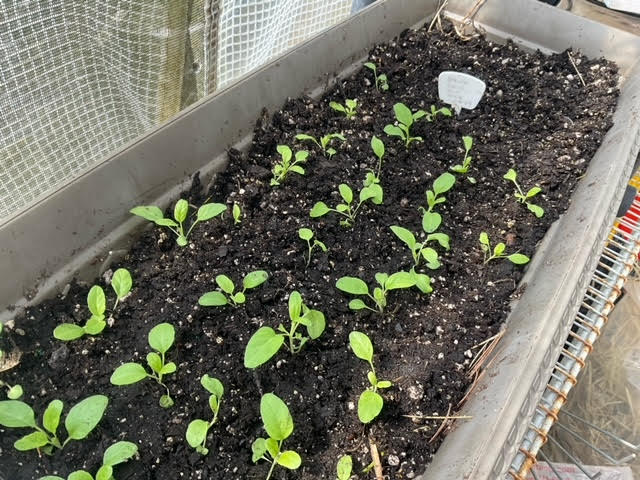
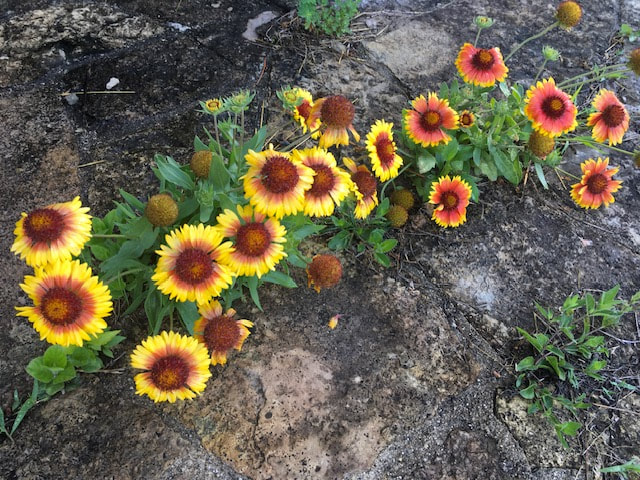

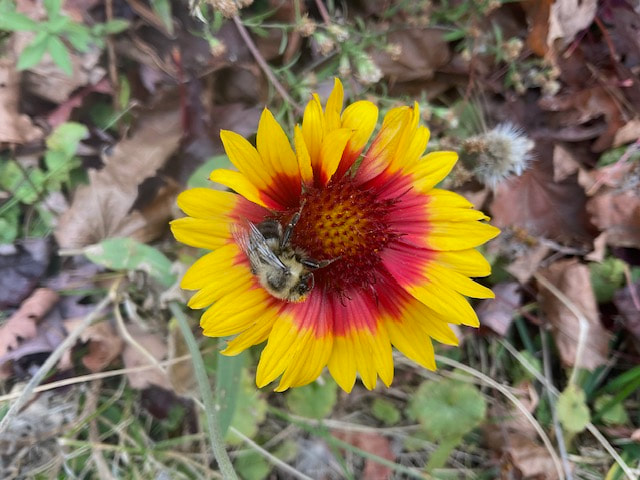
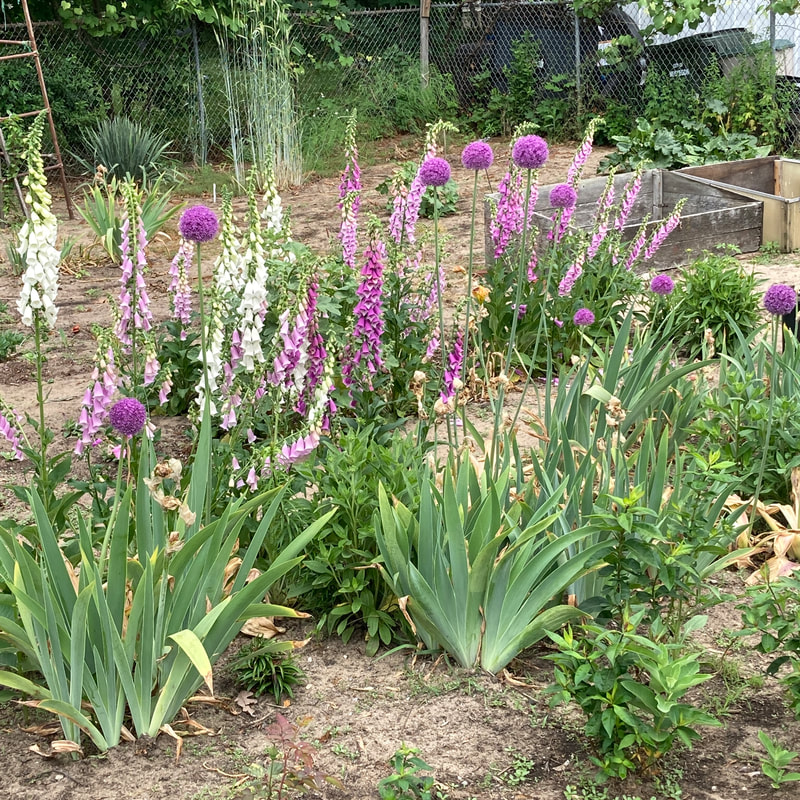
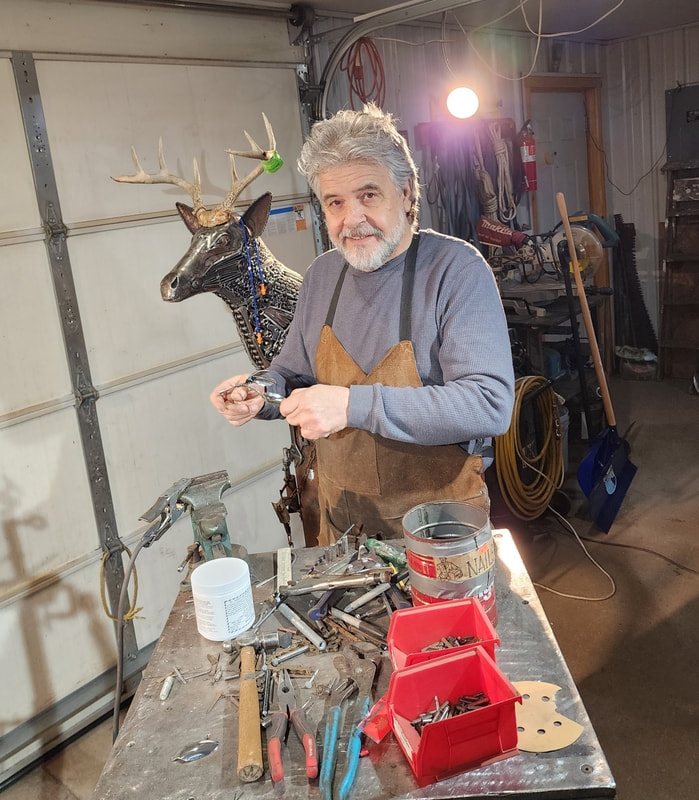
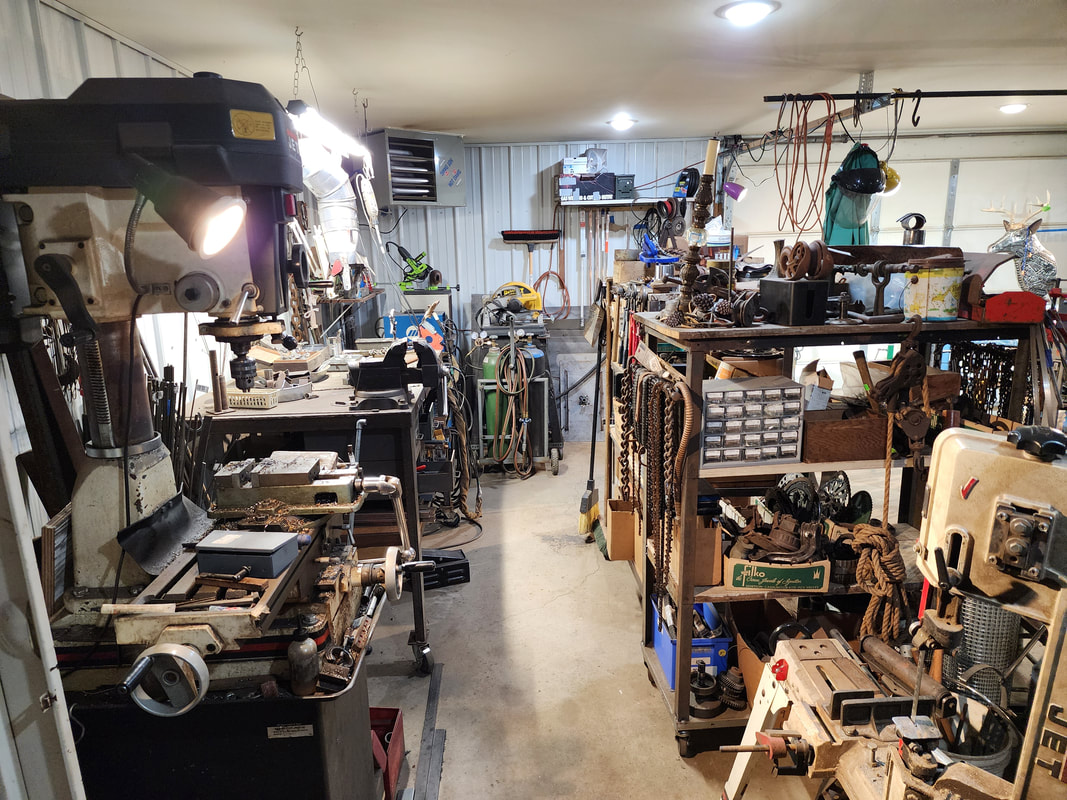
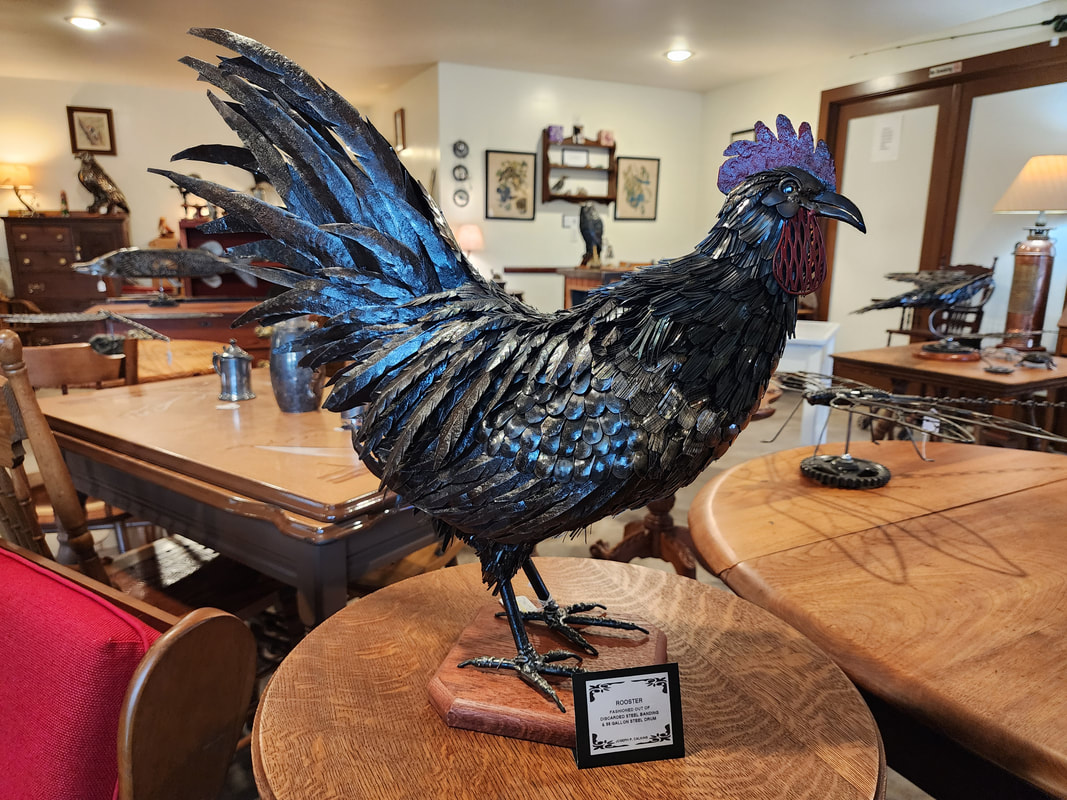
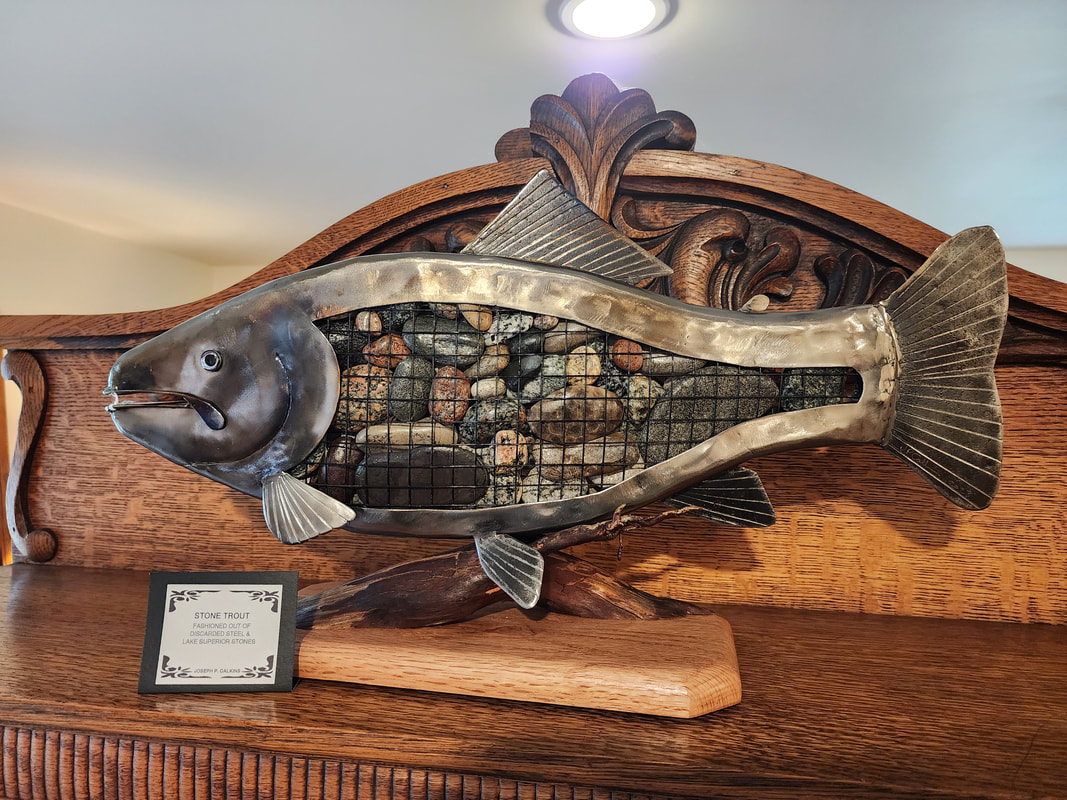
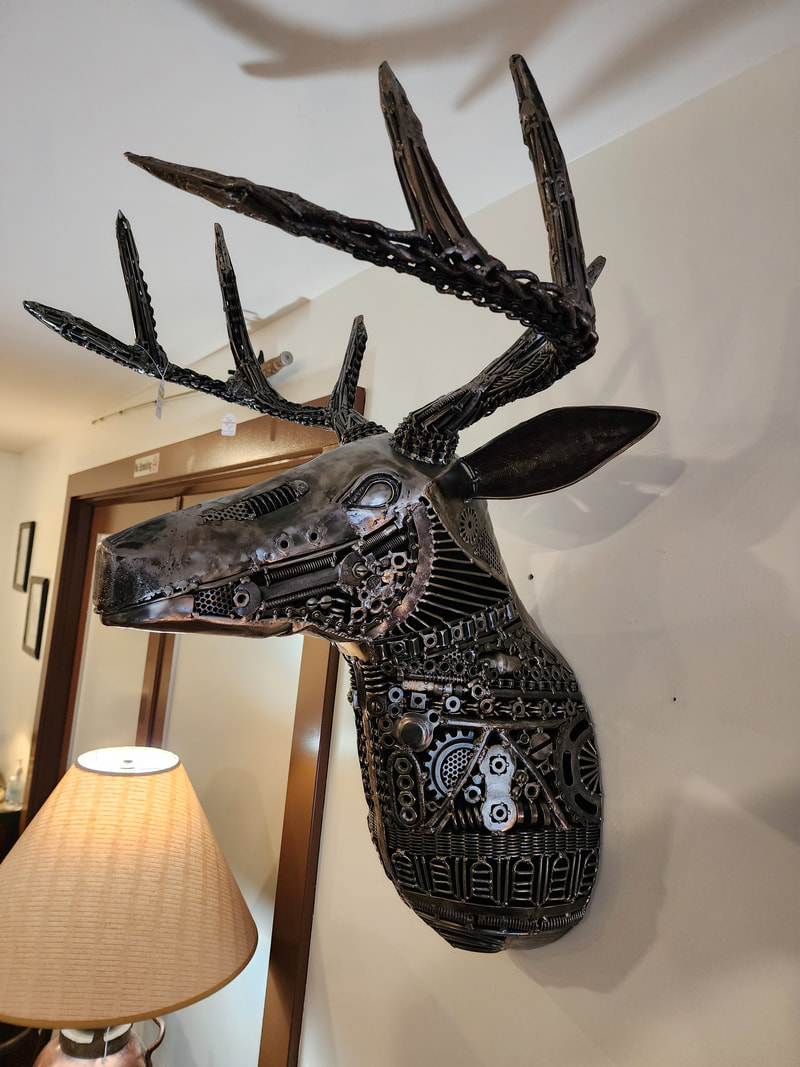
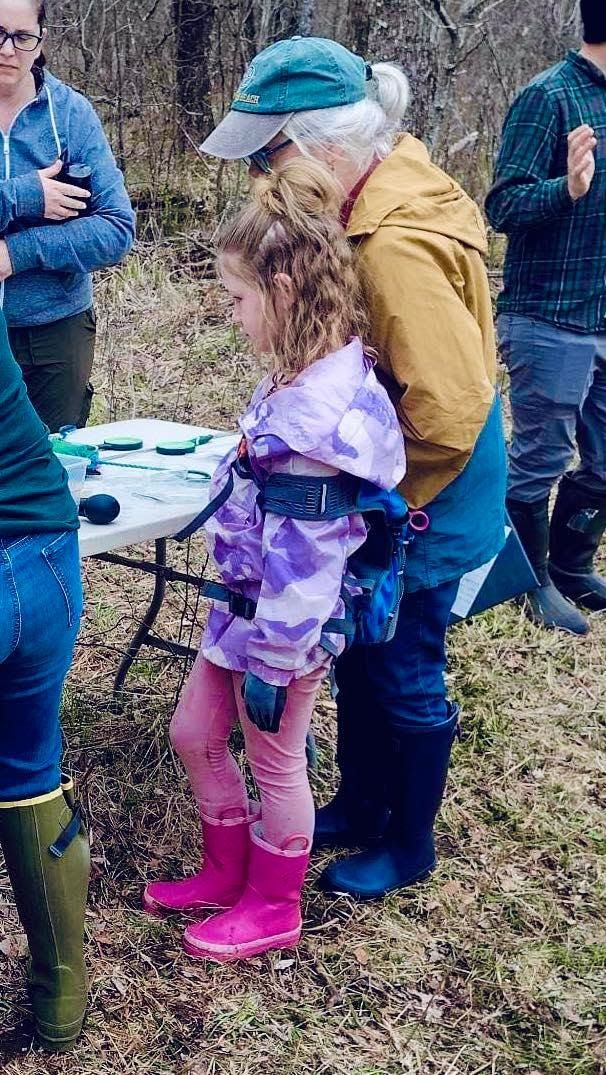
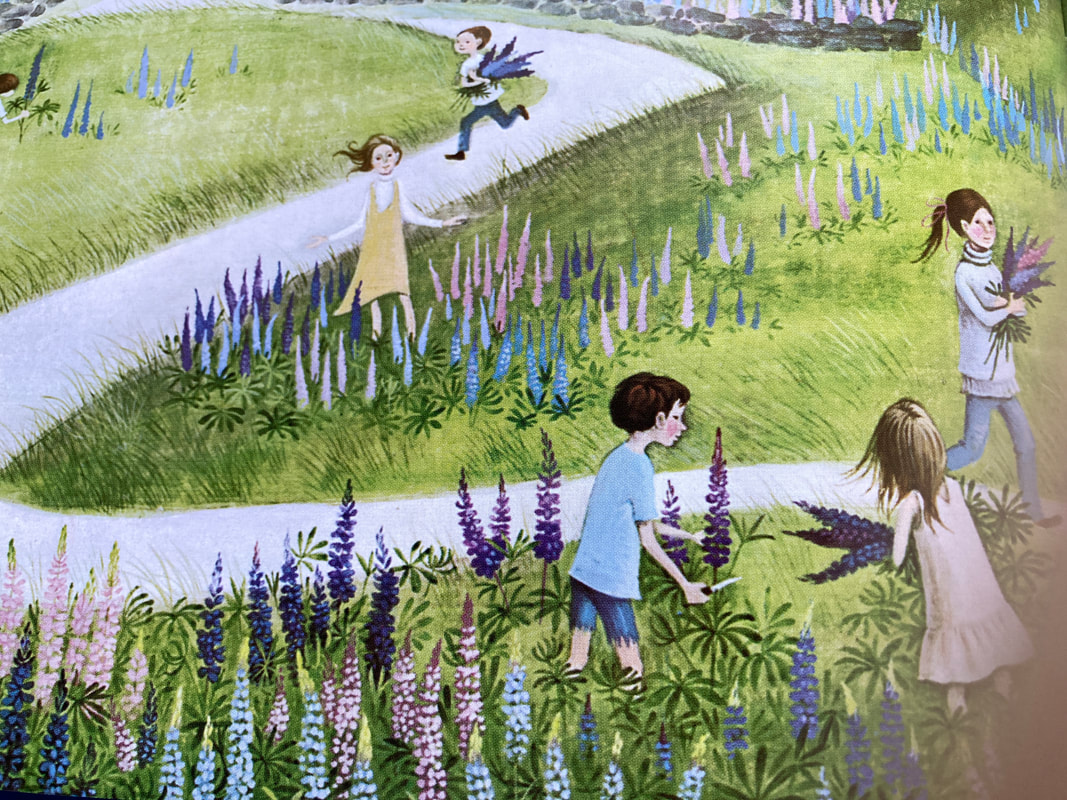

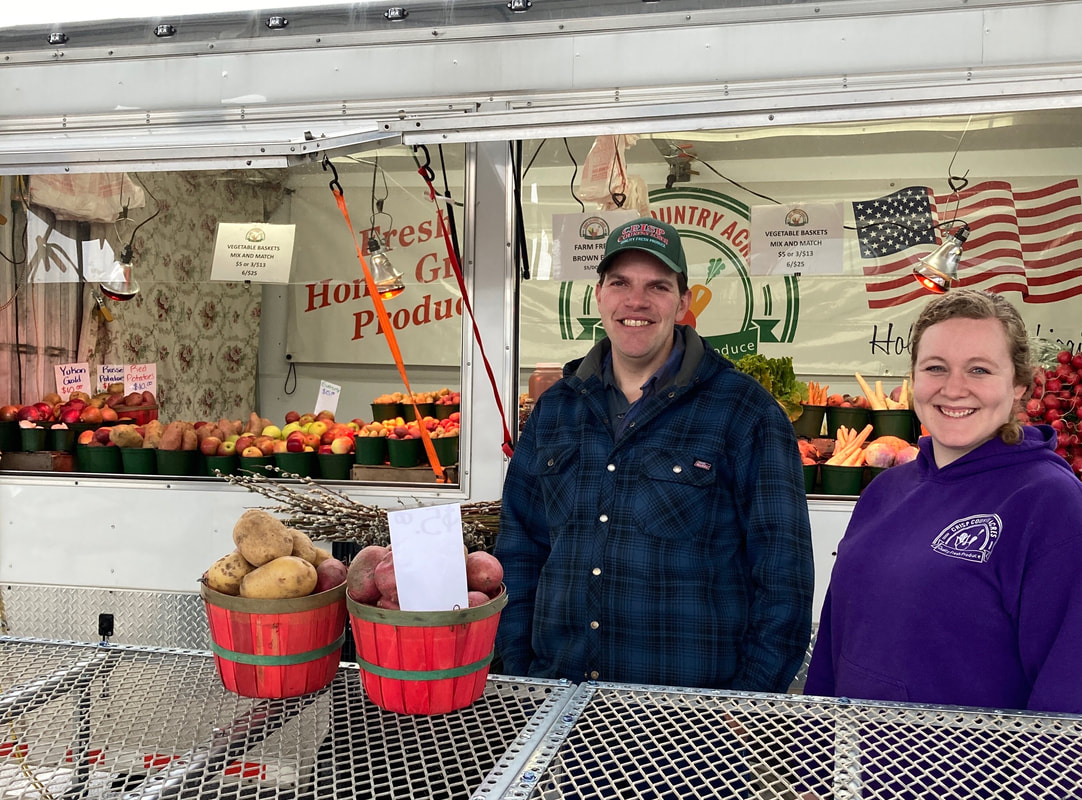
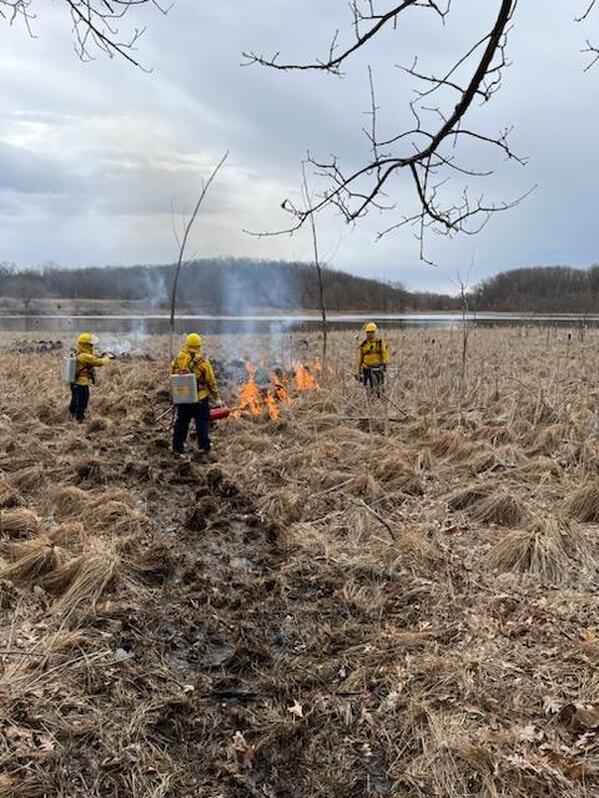
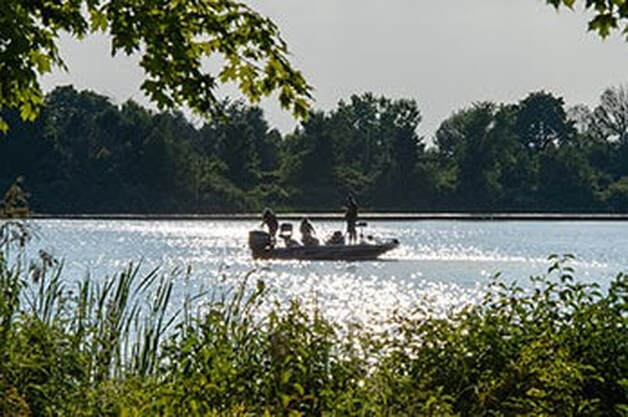
 RSS Feed
RSS Feed